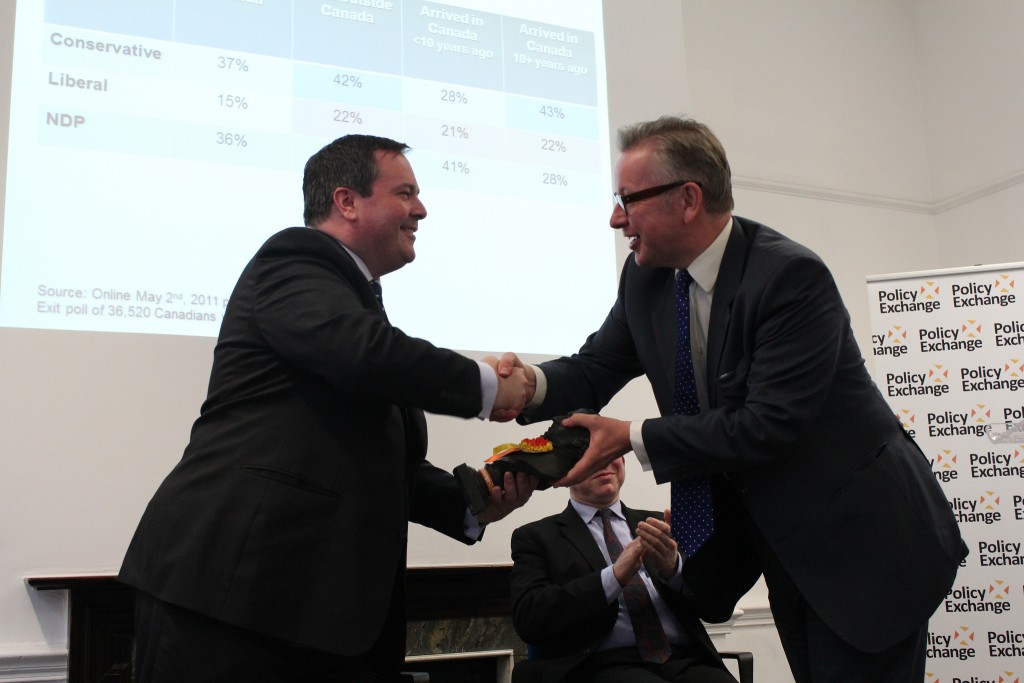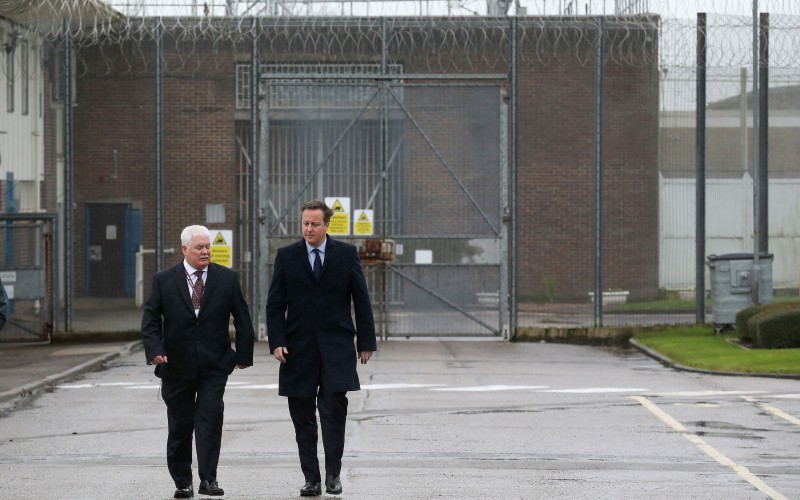This morning, Justice Secretary Michael Gove has answered questions from a committee of MPs in an evidence session regarding his proposed reforms to the UK prison system.
Prison Reform appears to be very much on David Cameron’s mind in the early months of the year, as he made the first speech by a UK PM on the subject in more than two decades last February. Meanwhile, secretary Gove has been travelling the globe to shop for new policies with which to remedy the UK’s ailing penal system.
Gove’s answers signalled an intent to increase autonomy among prison governors, which would aid towards longer-term goals of providing inmates with more ‘purposeful activity in prison [and] the chance to get meaningful qualifications’.
Questioned on the alarming increase in numbers of prisoners self-harming or committing suicide in the recent years, Gove stressed the abuse of drugs, both illegal and (until recently) legal ‘new psychoactive substances’, as a ‘big worry in prisons’, and a key factor threatening inmates’ mental health.
Former inmate turned prison expert Alex Cavendish of Prison UK shared his troubling account of the current poor conditions in prisons across the UK with VolteFace – read our interview here
It was positive to hear Gove address the connections between mental health problems and drug abuse, and how the two make both life on the inside and the outside difficult for many.
Mr Gove expressed the need for effective diagnosis and support before conviction, as a ‘noisy and tough’ environment such as prison ‘is not necessarily the best place for people to live with conditions that predispose them towards fragility’.
A more compassionate approach to drug and mental health issues will be welcomed by those pressing for drug policy reform. In acknowledging the interdependence of crime, drugs and mental health, it appears as if Gove is beginning to see the road ahead. However, Gove’s proposals remain a work in progress, with his white paper due for publication within the next few weeks.
Read our Editor-in-Chief on the need for a new conversation around prisons and drug reform


